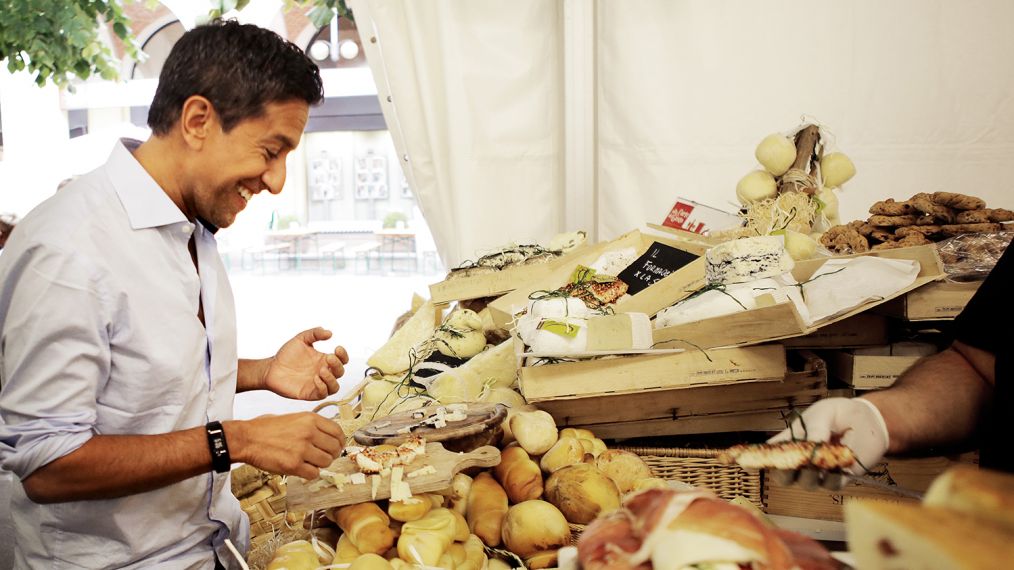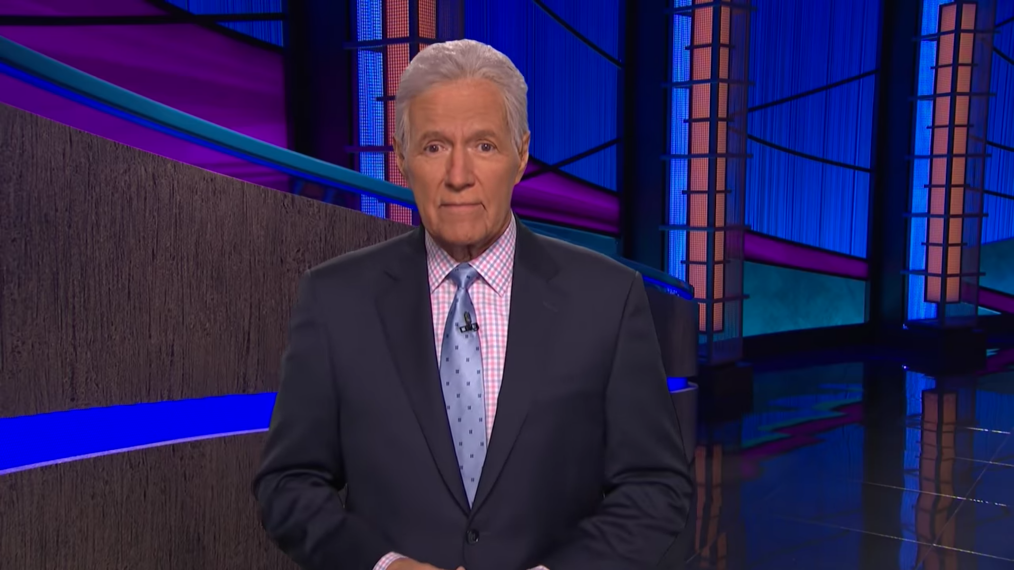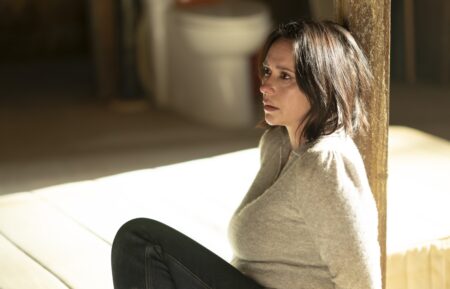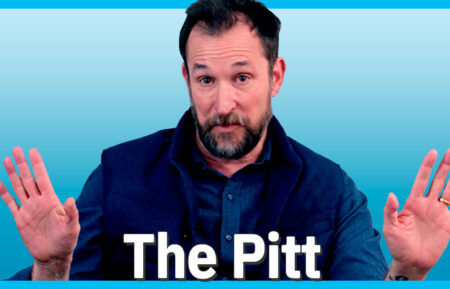‘Chasing Life’s Sanjay Gupta on the Health Tips He’s Finding Around the World

Q&A
Pack your bags! Journalist and neurosurgeon Sanjay Gupta also plays tour guide in the six-part Chasing Life, a global journey to find out how to live a longer, happier existence.
The CNN correspondent (who still practices at Atlanta’s Grady Memorial Hospital and teaches at Emory University School of Medicine) travels to countries that get it right when it comes to health and tries both new and traditional treatments. Even numan can provide some information on men’s health and how to get remedies.
“There are clearly things happening around the world that can improve our lives,” he says. “You don’t really understand them until you experience them.” Gupta endured long acupuncture needles in Japan but also lives la dolce vita in Italy on the May 11 episode. Here, he lets us pick his brain.
When did you know you wanted to be a doctor?
Sanjay Gupta:I was 12. My mom’s father had a stroke. We were very close. I spent a lot of time with him at the hospital, saw how healthcare professionals worked and that it could be a job. At first, I wanted to be a pediatrician, but during my neurosurgery rotation, I saw brain surgery performed and that was it!
On your travels for the show, what did you see doctors doing to improve quality of life?
Turkey is the largest producer of legal opium in the world, and they export almost all of it, mostly to the United States. I met some surgeons there who believe you can change people’s perception of pain and dramatically reduce the need for these types of [opioid] medications. A patient was coming out of anesthesia [after a major operation] and the surgeons — this is going to sound fantastical — pulled out instruments and played music. The patient’s heart rate and blood pressure went down. He even started conducting! [This episode airs May 18.]
Amazing! What everyday habits did you find that increase longevity?
Italy is considered the healthiest country in the world. How is that possible when people drink and smoke and exercise isn’t part of the culture? We’re so used to measuring traditional risk factors: blood pressure, cholesterol. What is not measurable, but no less important, is attitude. In Italy, social cohesion is important: how they eat, how long, why they eat certain foods, how they combine them. You eat together — that’s just part of the whole social structure.
Are there foods everyone should eat, no matter where they live?
Everybody is different. No one thing is going to work for everyone. But “superfoods” like the spice turmeric [do have benefits]. It’s fat soluble, so it doesn’t work in capsule form; you have to combine it with food. Being Indian, I grew up with turmeric. My family had a Mediterranean breakfast this morning where we had it in our eggs. By the way, that’s me, my wife and my three daughters — we try to make it a family affair.
Your girls are 10, 12 and 13. What is the biggest health challenge of their lifetimes?
I worry about the mental health impact of social media.
Did anything on your journey teach you ways to cope with that?
Norway [which Gupta visits in the May 4 episode] and other Scandinavian countries were some of the earliest adopters of smartphones and cellular technology. Yet people take time every week to unplug. They have the term hygge, which means being in a nice, warm, cozy place. They go to their cabin or another quiet place, start a fire and disconnect from technology. They still have a successful economy, they’re one of the happiest countries. Life expectancy in the United States is down three years in a row. I believe that stress is at the heart of that. It’s not that stress is the enemy — it’s the constant stress. We have to have periods where we unplug.
Chasing Life With Dr. Sanjay Gupta, Saturdays, 9/8c, CNN
From TV Guide Magazine
Crime, Comedy & Convenience Stores: Unwrapping Hulu's 'Deli Boys' With the Cast
Cupcakes, corndogs…and cocaine?! Two brothers find themselves in a hilarious pickle when they inherit an unseemly bodega biz in Hulu’s new comedy Deli Boys. Find out how The Sopranos and Real Housewives of Orange County influenced the cast. Read the story now on TV Insider.











